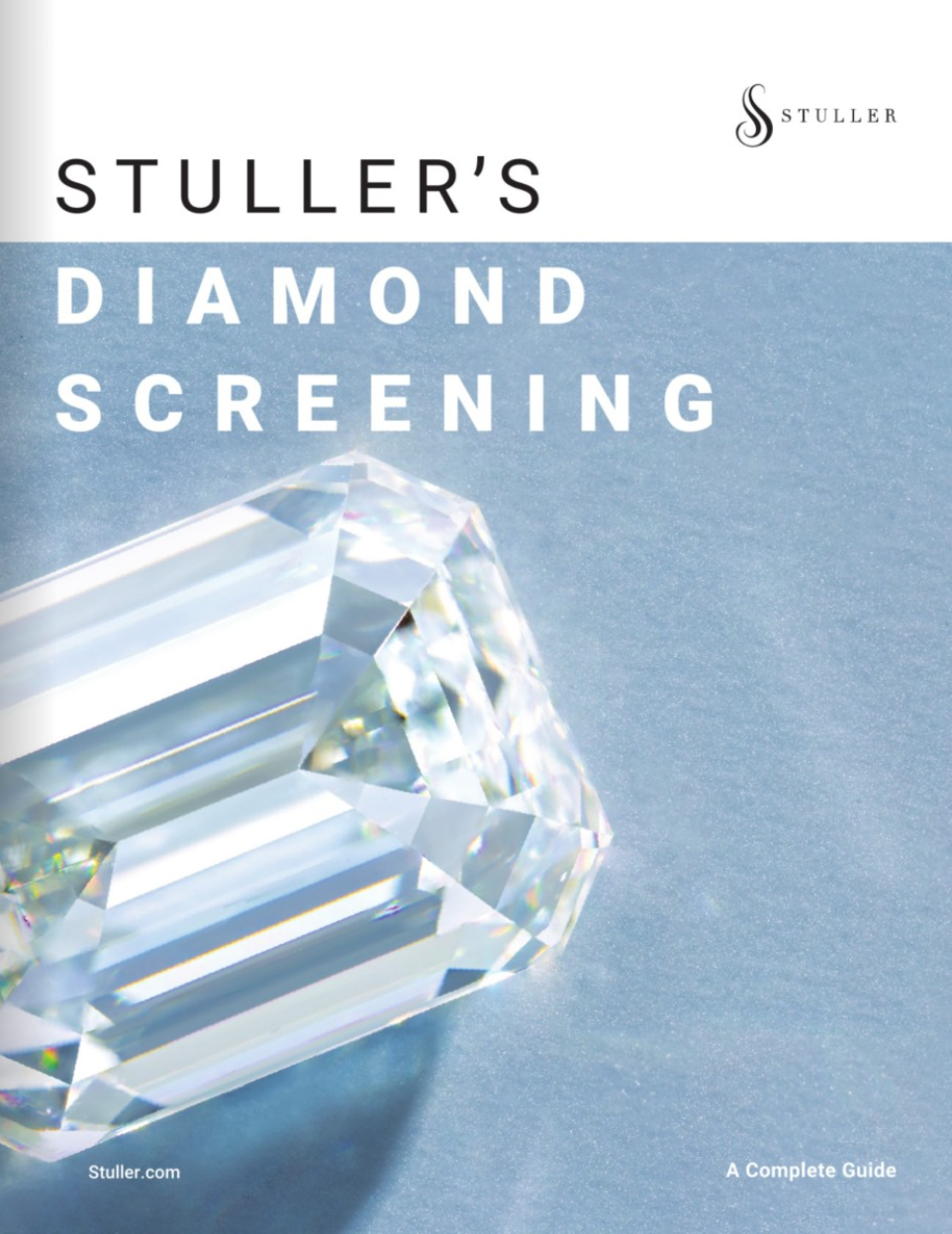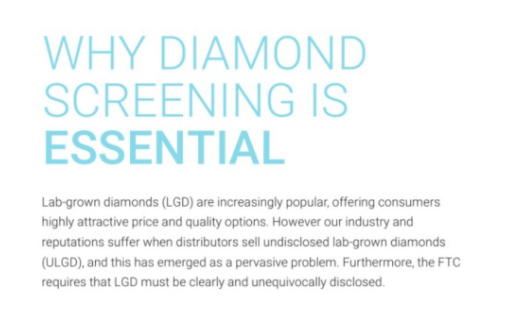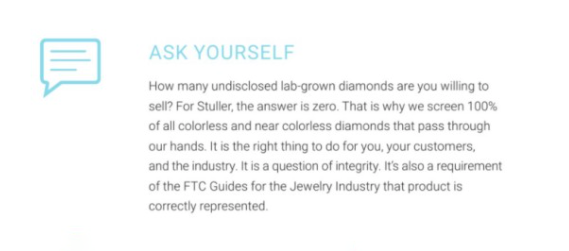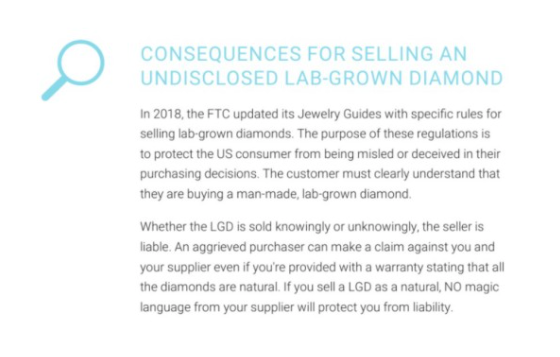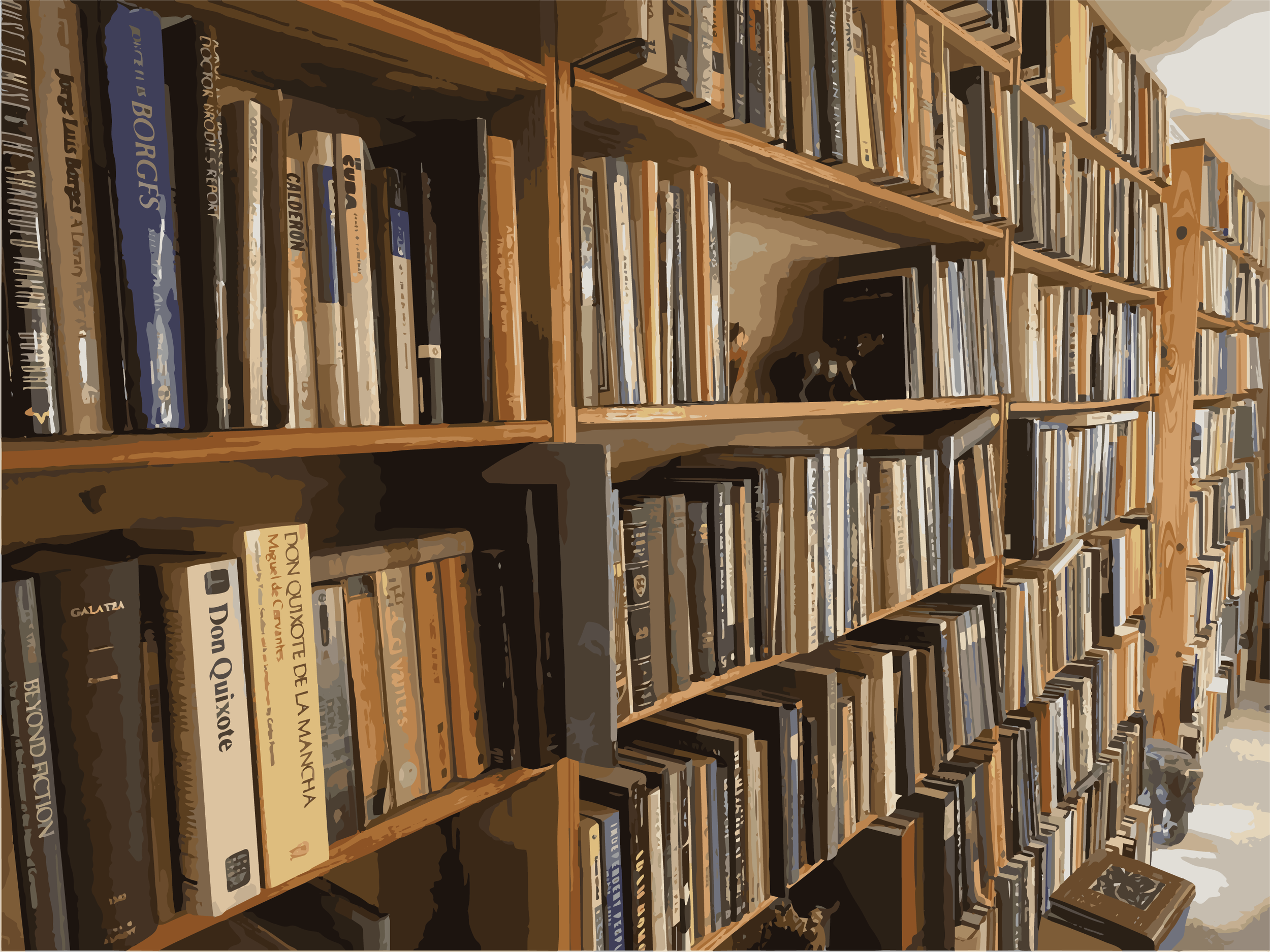
Jewelry
Stuller’s Diamond Screening A Complete Guide | 2021
Written while employed at Stuller.
excerpts -
Why Diamond Screening is Essential
Lab-grown diamonds (LG) are increasingly popular, offering consumers highly attractive price and quality options. However our industry and reputations suffer when distributors sell undisclosed lab-grown diamonds (ULGD), and this has emerged as a pervasive problem. Furthermore, the FTC requires that LGD must be clearly and unequivocally disclosed.
Ask Yourself
How many undisclosed lab-grown diamonds are you willing to sell? For us, the answer is zero. That is why we screen 100% of all colorless and near-colorless diamonds that pass through our hands. It is the right thing to do for you, your customers, and the industry. It is a question of integrity. It's also a requirement of the FTC Guides for the Jewelry Industry that product is correctly represented.
Consequences for Selling an Undisclosed Lab-Grown Diamond
In 2018, the FTC updated its Jewelry Guides with specific rules for selling lab-grown diamonds. The purpose of these regulations is to protect the US consumer from being misled or deceived in their purchasing decisions. The customer must clearly understand that they are buying a man-made, lab-grown diamond. Whether the LGD is sold knowingly or unknowingly, the seller is liable. An aggrieved purchaser can make a claim against you and your supplier even if you're provided with a warranty stating that all the diamonds are natural. If you sell a LGD as a natural, NO magic language from your supplier will protect you from liability.
